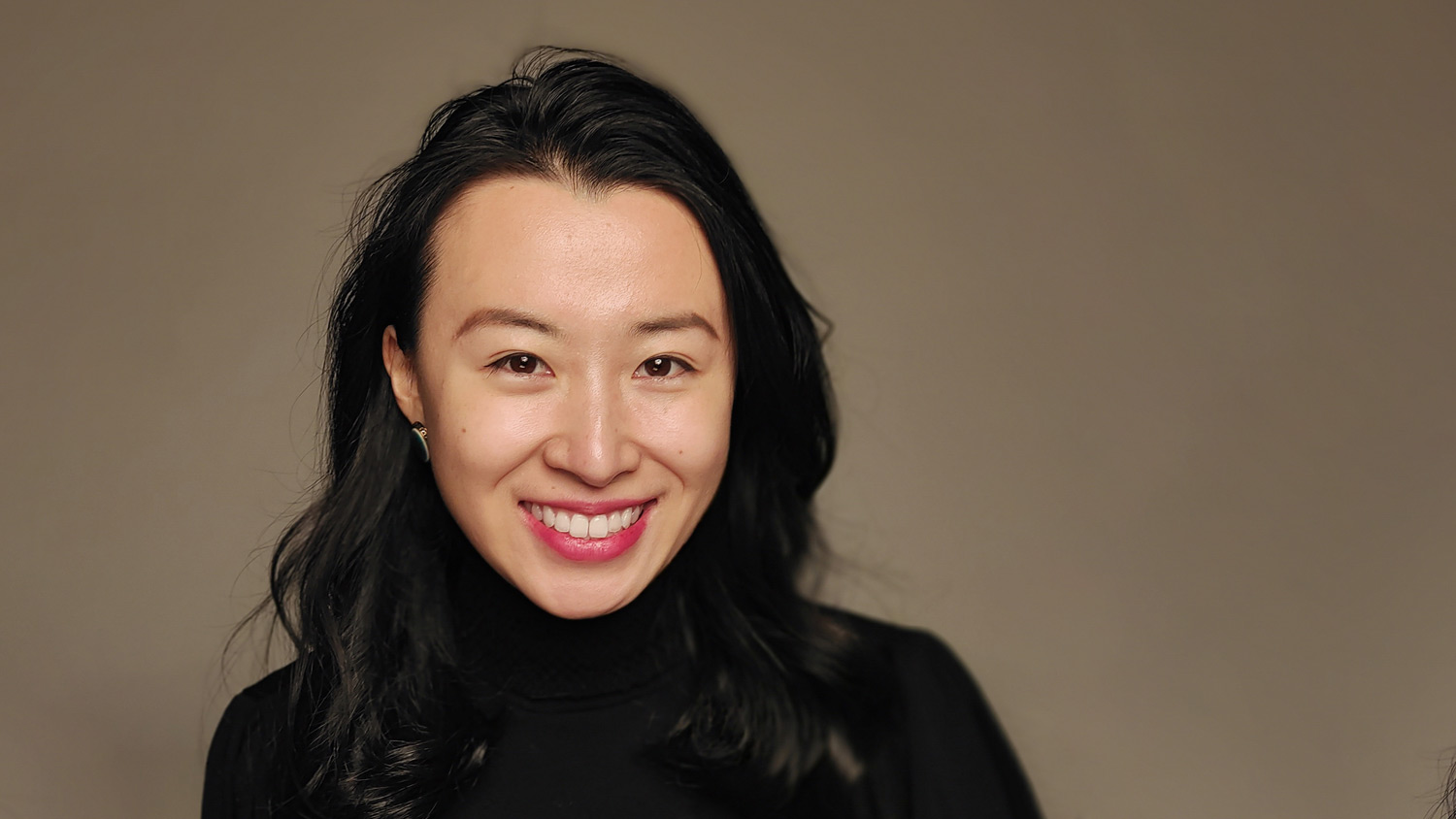Student Transforms Ambition into Reality with Dual Degrees and a Master’s
Colin Farmer is set to graduate with a double major in journalism and sociology, a minor in advertising, an immersion in cultural anthropology, and a master’s degree in communication—all within four years—while gaining invaluable real-world experience through co-ops and research opportunities at RIT.

Meet Colin Farmer
- Journalism BS and Sociology and Anthropology BS double major, Advertising and Public Relations minor, Cultural Anthropology Immersion, '24
- Communication MS, '25
- Dean’s List Spring 2022-Present
- School of Communication “Ethics in Communication” Award Recipient, 2023
- Lambda Pi Eta Member
Q: What types of career and hands-on learning experiences have you had at RIT?
I did a summer co-op at the Presbyterian Outlook, a magazine that covers the Presbyterian Church (PCUSA) and explores using the church as an avenue for social change. The co-op provided me with real world experience and the ability to do things that wouldn’t fit into a 15 week course at RIT.
Having a chance to do journalist work outside of RIT helped solidify my passion for journalism and made me feel confident that this was the field I wanted to pursue. As someone who was skeptical of the co-op program as a freshman, I can say with certainty that I fully understand the importance of co-ops after going on one. It helps students get experience “in the real world” and really ensures that students aren’t graduating with nothing to show for their time spent at RIT.
The research opportunities are expansive, and the classes offered on AI and other emerging technology helps prepare students for bringing new ideas to the industry and setting them up for whatever the future may hold.
Q: What’s the benefit to studying a liberal arts discipline at a technical university?
RIT, as a tech school, has access to the emerging technology that will impact not only fields of engineering and computer science, but the liberal arts as well. As students, we get hands-on experience using high-tech equipment, such as 360 cameras, that may be useful in the future of journalism and other humanities. As a sociology and anthropology major, RIT has also provided me with more than enough resources for research due to their expansive library and database access.
Q: How did you decide what to major in or study?
I was someone who wasn’t exactly certain if I was going to be a journalist, despite signing on as a journalism major. The classes at RIT only furthered my passion for journalism. I added sociology and anthropology as a second major because I took one class in sociology for my social perspective and felt like the course resonated strongly with me. I continued taking courses in that field, and soon enough I had enough to consider making it a major.
I think it’s great that the College of Liberal Arts allows students to pursue their interests and explore classes in areas that they may end up loving. After learning that I was eligible to graduate earlier than I anticipated, I looked into doing a masters in Communication because I love studying communication, and I trust RIT’s ability to provide rigorous and interesting courses that will continue to keep my curiosity piqued.
Q: What’s it like to be a student at RIT?
RIT’s system of advisors and professors has done a lot in terms of making me feel accepted at RIT. It’s easy to be nervous around faculty, but the College of Liberal Arts professors and advisors are very welcoming and friendly, so I quickly realized that there was nothing to fear when it came to speaking with them.
The faculty are always open to helping students and pointing them in the direction of further resources when I’ve had questions. They’re also accepting of student input and ideas, and are willing to work with students on independent projects. And, perhaps most importantly, they took Flamingo Fridays and turned it into a School of Communication wide event, something far beyond even my imagination.
Q: How will your liberal Arts foundation give you an edge in the workforce?
Communication skills are especially important—they are essential for getting a job after college. Someone can have the greatest idea, but without the communication skills to explain it, the idea is all but worthless. Research and analysis skills are also very handy, not only when writing essays but because the world is an interesting place and there’s so much to learn about it, so having the skills to analyze and find secrets at the end of a rabbit-hole will create rewarding experiences.
Q: Advice for new RIT students?
There are many opportunities for students to work on campus that are beneficial for liberal arts students. I’m working as a marketing assistant for the College of Liberal Arts, a teaching assistant for a communications course, and a section editor at Reporter magazine. These three jobs have helped build communication skills and highlight the importance of the classes that I’m taking, such as advertising and public relations, along with reporting and writing.
Clubs at RIT are a great way for students to engage with their peers and form connections both inside and outside the College of Liberal Arts. I’m a member of Wordsmiths (a creative writing/world building club) and Signatures Art and Literary magazine, which publishes an issue every year to be given out at Imagine RIT.
Attending events is also an amazing way to meet new people and speak with your professors in a more relaxed setting.
Lastly, make an effort to go to office hours—even if you’re not struggling in a class, professors will always have some wisdom to impart onto you.
Photo by Hailey Fowler.













